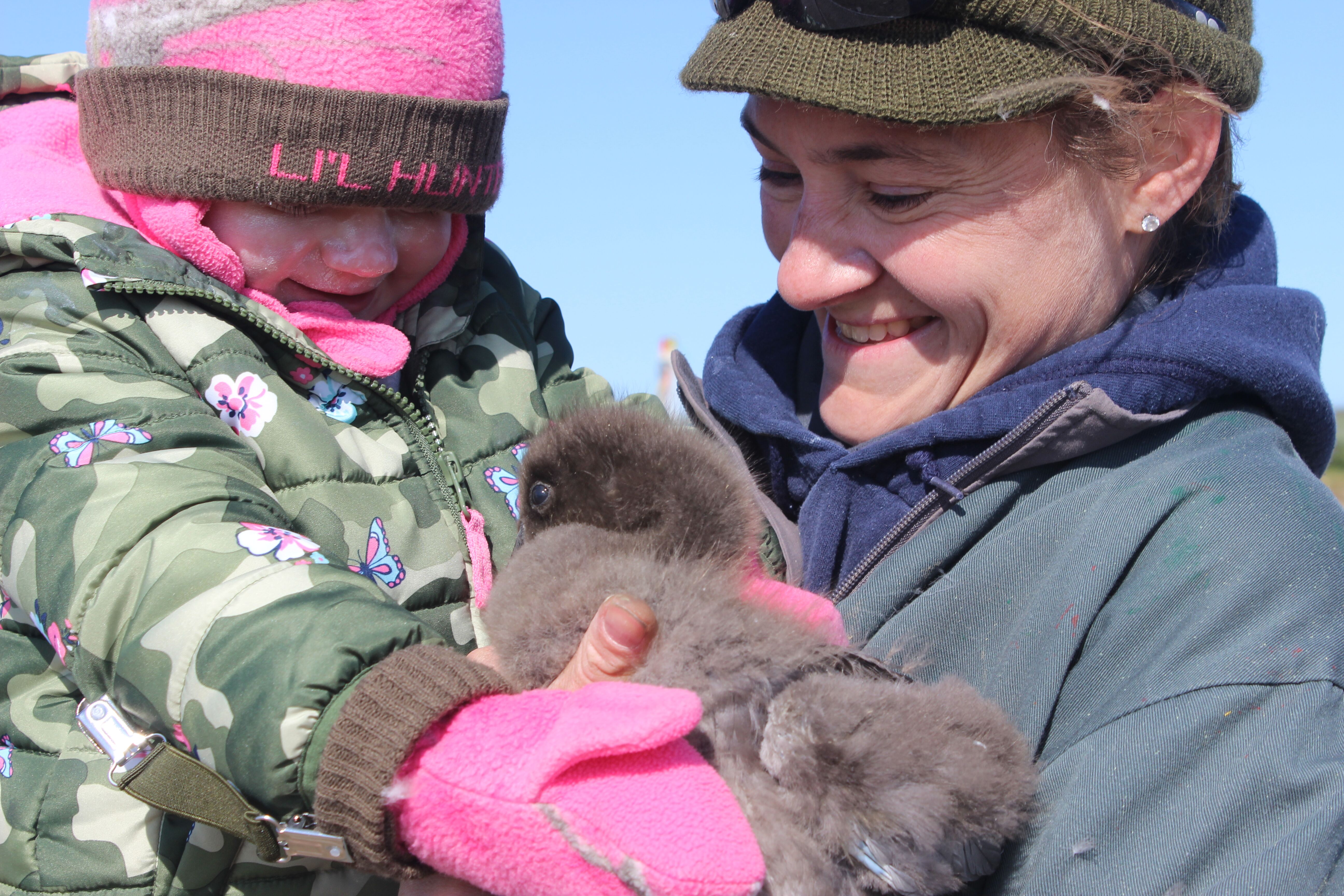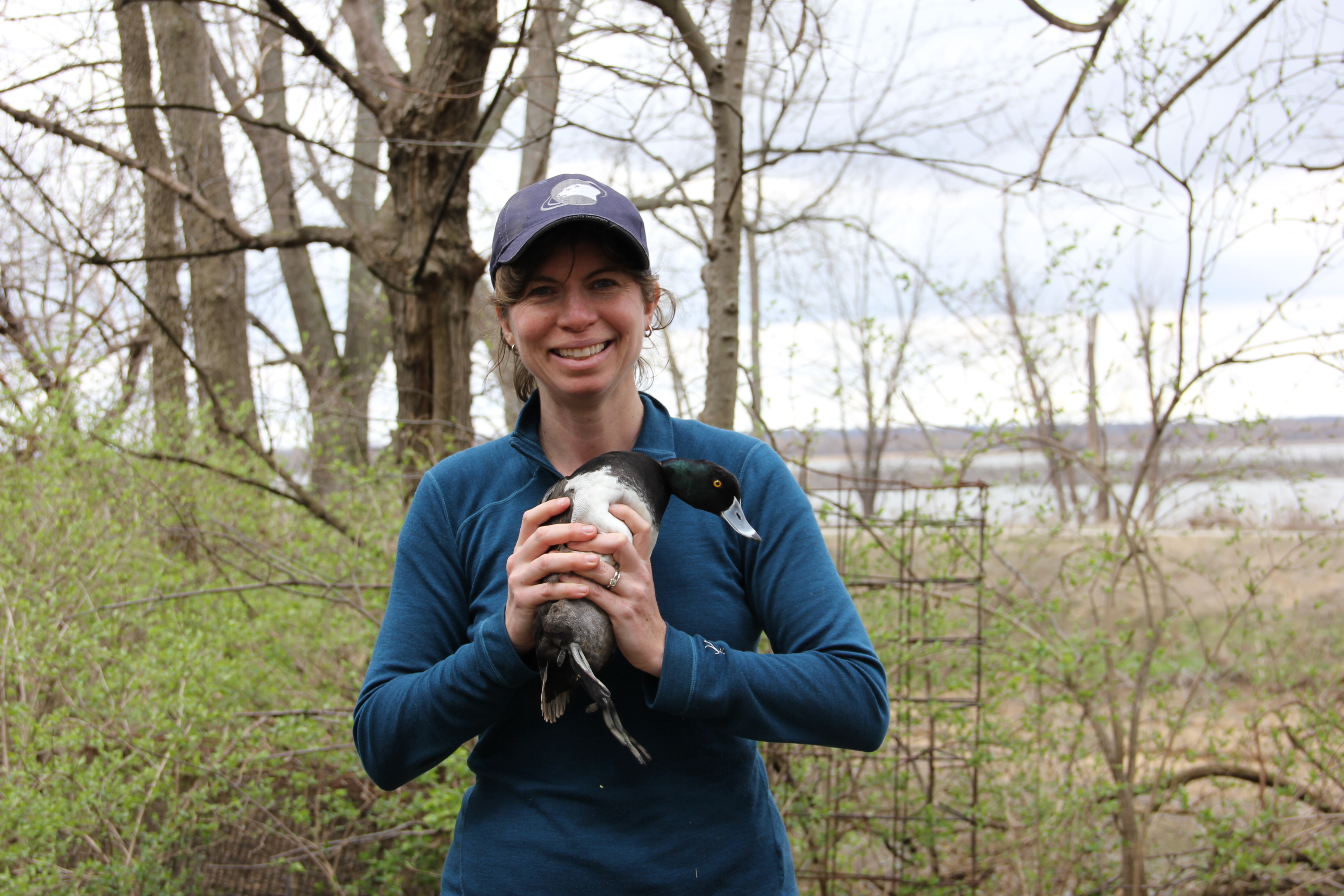Women in Waterfowl
There was a special season about Women in Waterfowl at the North American Duck Symposium 8, in August 2019.
We have created this website to make a centralized place to access the resources mentioned in our talks, and to make the powerpoints available as well.
This website is a work in progress.
Questions?
About the Symposium
Lisa Webb - webbli@missouri.edu
Kaylan Kemink - kkemink@ducks.org
Beth Ross - bross5@g.clemson.edu
About the website/broken links/etc
Auriel Fournier - auriel@illinois.edu
Presentation: Why we need more women in STEM leadership roles: innovations to overcome obstacles and identify solutions By Lisa Webb, Kaylan Kemink and Beth Ross
implicit.harvard.edu/implicit/selectatest.html - Implict Bias Test
eigenfactor.org/gender - Explore the gender of authors by authorship position in your field
raiseproject.org - Explore the gender representation of award recepients in various STEM organizations benschmidt.org/profGender - In-depth visualization of how gender affects word choice in student evaluations
tomforth.co.ok/genderbias - Calculate the gender bias of your choice of letters of recommendation
diversity.nih.gov - Resources and research from the NIH Scientiffic Workforce Diversity Office
stemwomen.net - Resources on gender inequality and potential solutions
diversityinacademia.strikingly.com - Resources on racial inequality and potential solutions
nationalseedproject.org - Peer led professional development organization that provides training on engaging in conversations about diversity and equity
blogs.lse.ac.uk/impactofsocialsciences/2016/03/08/gender-bias-in-academe-an-annotated-bibliography - Annotated bibliography of studies on gender bias in academia
fairplaygame.org - Online role playing, true to life simulation of the complex social world of the minority graduate student in academia
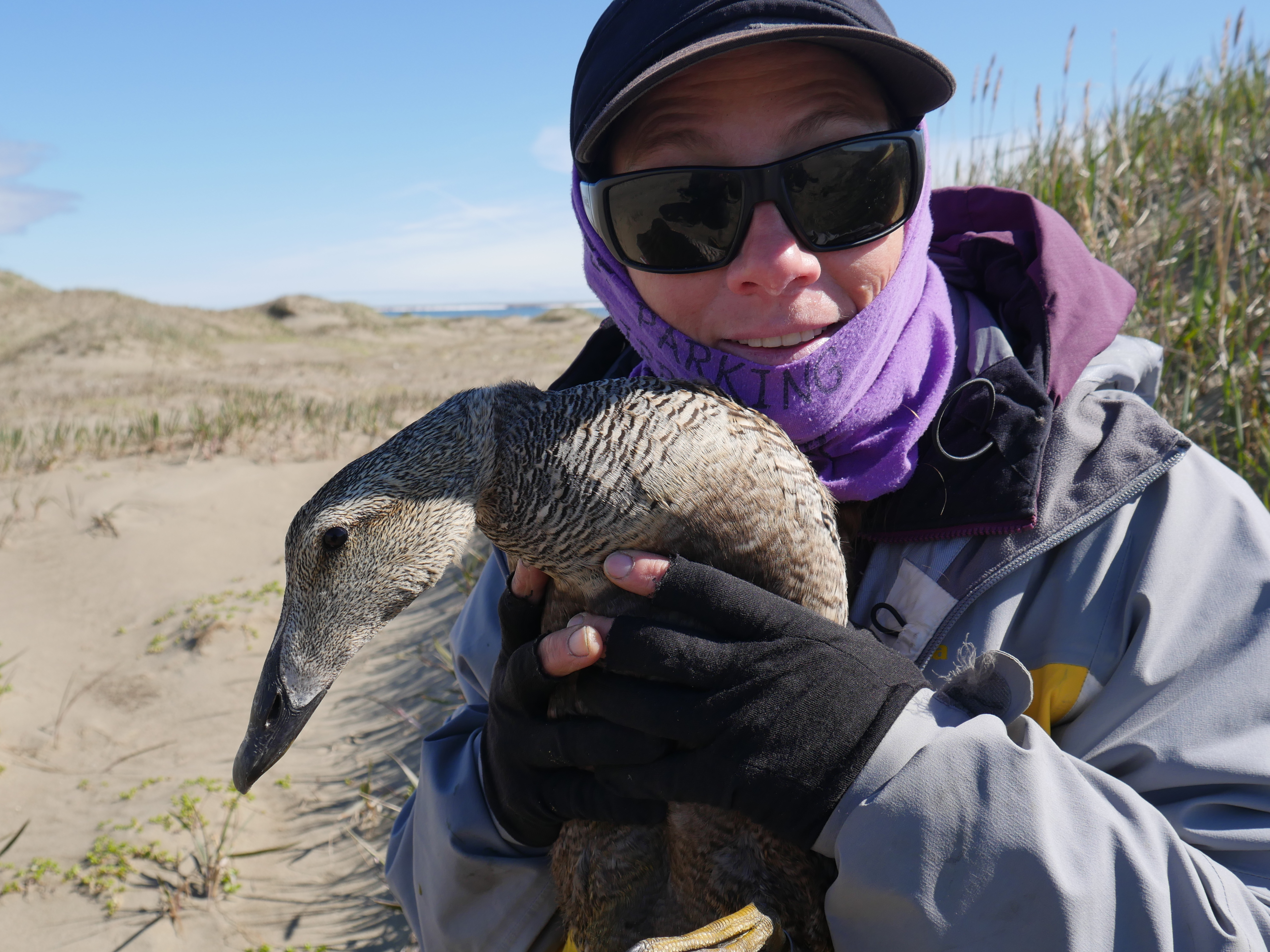
Presentation: Beginning a career in waterfowl ecology: challenges and strategies - By Casey Setash, Lindsay Carlson, Kaylan Kemink, Dana Varner
Peer-Reviewed Articles:
Artz, B, AH Goodall, AJ Oswald. 2018. Do Women Ask? Industrial Relations 57:611-636.
Ayyala, MS, K Skarupski, JM Bodurtha, M Gonzalez-Fernandez, LE Ishii, B Fivush, RB Levine. 2019. Mentorship is not enough: Exploring Sponsorship and its role in career advancement in academic medicine. Acad Med 94:94-100.
Banchefsky, S, J Westfall, B Park, CM Judd. 2016. But you don’t look like a scientist!: Women scientists with feminine appearance are deemed less likely to be scientists. Sex Roles 75:95-109. Bendels, MHK, R Muller, D Brueggmann, DA Groneberg. 2018. Gender disparities in high-quality research revealed by Nature Index journals. PLoS ONE 13(1): e0189136.
Bowser, G, NS Roberts, DR Simmons, MK Perales. 2012. The Color of Climate: Ecology, environment, climate change and women of color-exploring environmental leadership from the perspective of women of color in science. In D. R. Gallaher (Ed.) Environmental Leadership in Practice: A Reference Handbook. Volume 1 (pp. 60–67). Sage Publications.
Clancy, KBH, RG Nelson, JN Rutherford, K Hinde. 2014. Survey of academic field experiences (SAFE): Trainees report harassment and assault. PLoS ONE 9(7): e102172.
Hoogendoorn, S, H Oosterbeek, M van Praag. 2011. The Impact of Gender Diversity on the Performance of Business Teams: Evidence from a Field Experiment. Tinbergen Institute Discussion Paper, No. 11-074/3, Tinbergen Institute, Amsterdam and Rotterdam. Jones, MS, J Solomon. 2019. Challenges and supports for women conservation leaders. Conservation Science and Practice e36.
Kim, JYJ, D Nguyen, CJ Block. 2018. The 360-degree experience of workplace microaggressions: Who commits them? How do individuals respond? What are the consequences?: Influence and implications. In Capodilupo, Nadal, Rivera, Sue, & Torino (Eds.). Microaggression theory: Influence and implication. Hoboken, NJ: John Wiley & Sons.
King, MM, CT Bergstrom, SJ Correll, J Jacquet, JD West. 2017. Men set their own cites high: Gender and self-citation across fields and over time. Socius 3:1-22.
Moss-Racusin, CA, JF Dovidio, VL Brescoll, MJ Graham, J Handelsman. 2012. Science faculty’s subtle gender biases favor male students. PNAS 109:16474-16479.
Salerno, PE, M Paez-Vacas, JM Guayasamin, JL Stynoski. 2019. Male principal investigators (almost) don’t publish with women in ecology and zoology. PLoS ONE 14(6): e0218598.
Schmader, T, J Whitehead, VH Wysocki. 2007. A linguistic comparison of letters of recommendation for male and female chemistry and biochemistry job applicants. Sex Roles 57:509-514.
Teller, AS, AM Porcelli. 2016. Feminist ecology: Doing, undoing, and redoing gender in science. Int J Gend Sci Technol 8:382-404.
Trix, F, C Psenka. 2003. Exploring the color of glass: Letters of recommendation for female and male medical faculty. Discourse and Society 14:191-220.
Popular Articles:
NYT Why Women Aren’t CEOs
NYT What to Do When You’re the Only Woman in the Room
Opinion piece explaining gender pay gap
Women are important to Ducks Unlimited
Websites:
NSF Stats on Women in STEM
Ducks Unlimited Conservation Experts and Contacts (0% women)
Delta Waterfowl Executive Staff
Delta Waterfowl Board of Directors
Lean In Women in the Workplace study
Bias Tools:
Gendered wording in job advertisements
Gendered wording in letters of recommendation
Implicit bias tests
Formal gender trainings
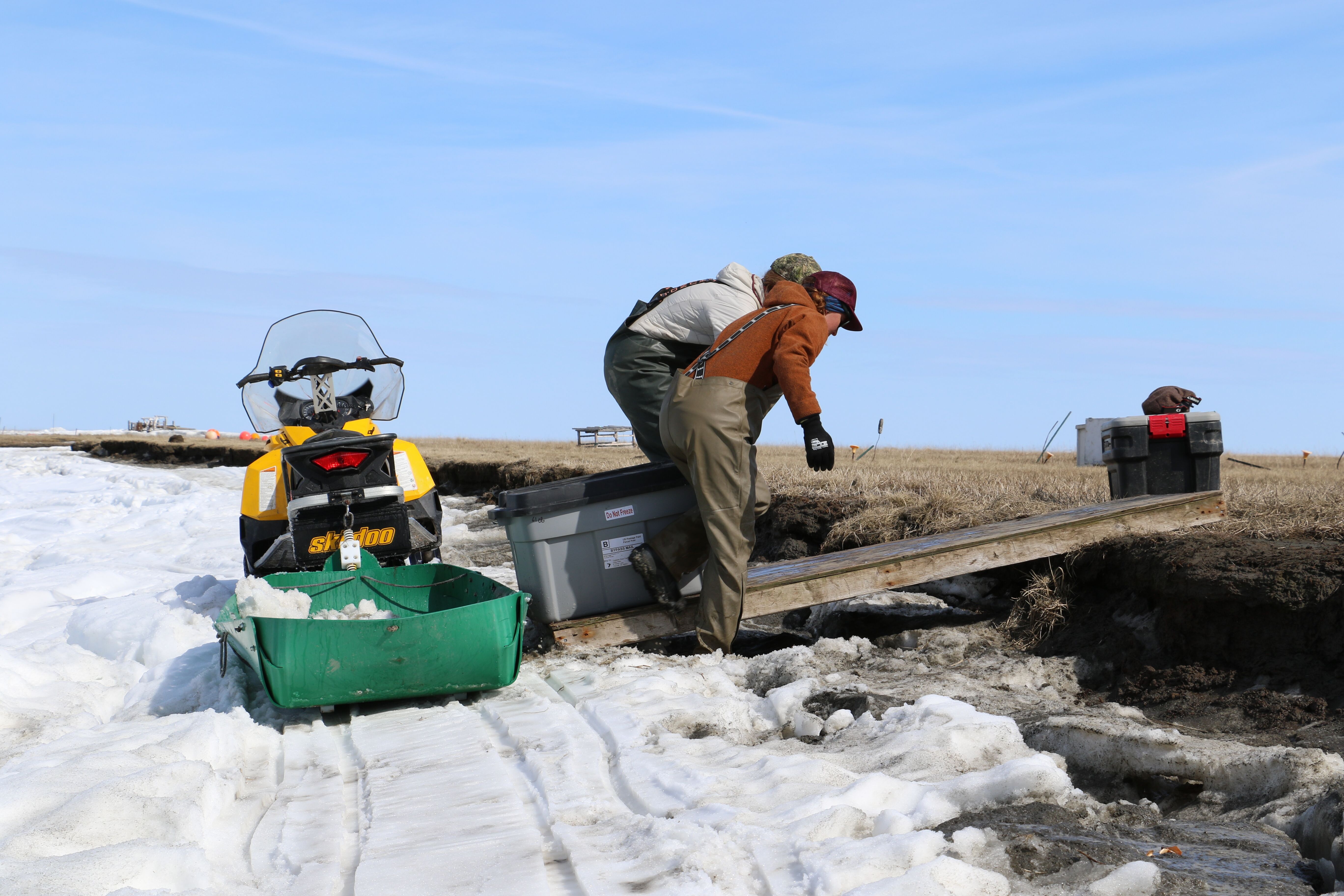
Presentation: Underemployment: A self-imposed oppurtunity gap. By Lindsay G. Carlson, Sally Yannuzzi and Cheyenne Beach
Davidson, P. and R. Black. 2001. Women in natural resource management: finding a more balanced perspective. Society and Natural Resources 14(8):645-656.
Davis, R. D., Sr., S. Diswood, A. Dominguez, R. W. Engel-Wilson, K. Jefferson, A. K. Miles, E. F. Moore, R. Reidinger, S. Ruther, R. Valdez, K. Wilson, and M. A. Zablan. 2002. Increasing diversity in our profession. Wildlife Society Bulletin 30(2):628-633.
Estes, Z. and S. Felker. 2012. Confidence mediates the sex difference in mental rotation performance. Arch Sex Behav 41:557-570.
Goldin, C. and C. Rouse. 2000. Orchestrating impartiality: the impact of “blind” auditions on female musicians. The American Economic Review 90(4):715-741.
Holman, L., D. Stuart-Fox, and C. E. Hauser. 2018. The gender gap in science: how long until women are equally represented? PLoS Biol 16(4):e2004956.
Michelmore, K. and S. Sassler. 2016. Explaining the gender wage gap in STEM: does field sex composition matter? The Russell Sage Foundation Journal of the Social Sciences 2(4):194-215.
Moss-Racusin, C. A., J. F. Dovidio, V. L. Brescoll, M. J. Graham, and J. Handelsman. 2012. Science faculty’s subtle gender biases favor male students. PNAS 109(41).
Nicholson, K. L., P. R. Krausman, and J. A. Merkle. 2008. Hypatia and the Leopold standard: women in the wildlife profession 1937-2006. Wildl. Biol. Pract. 4(2):57-72.
Taska, B., S. Braganza, R. Neumann, D. Restuccia, M. Sigelman, M. Weise, B. Bean, A. Hanson, C. Graves, J. Kramer, J. Goodman, J. Johnson, and C. D’Amico. 2018. The permanent detour: underemployment’s long-term effects on the careers of college grads. Burning Glass Technologies and Strada Institute for the Future of Work.
Quadlin, N. 2018. The mark of a woman’s record: gender and academic performance in hiring. American Sociological Review 83(2):331-360.
Waite, S. 2017. Postgraduate wage premiums and the gender wage gap in Canada. Canadian Journal of Higher Education 47(2):156-187.
Podcasts and Articles
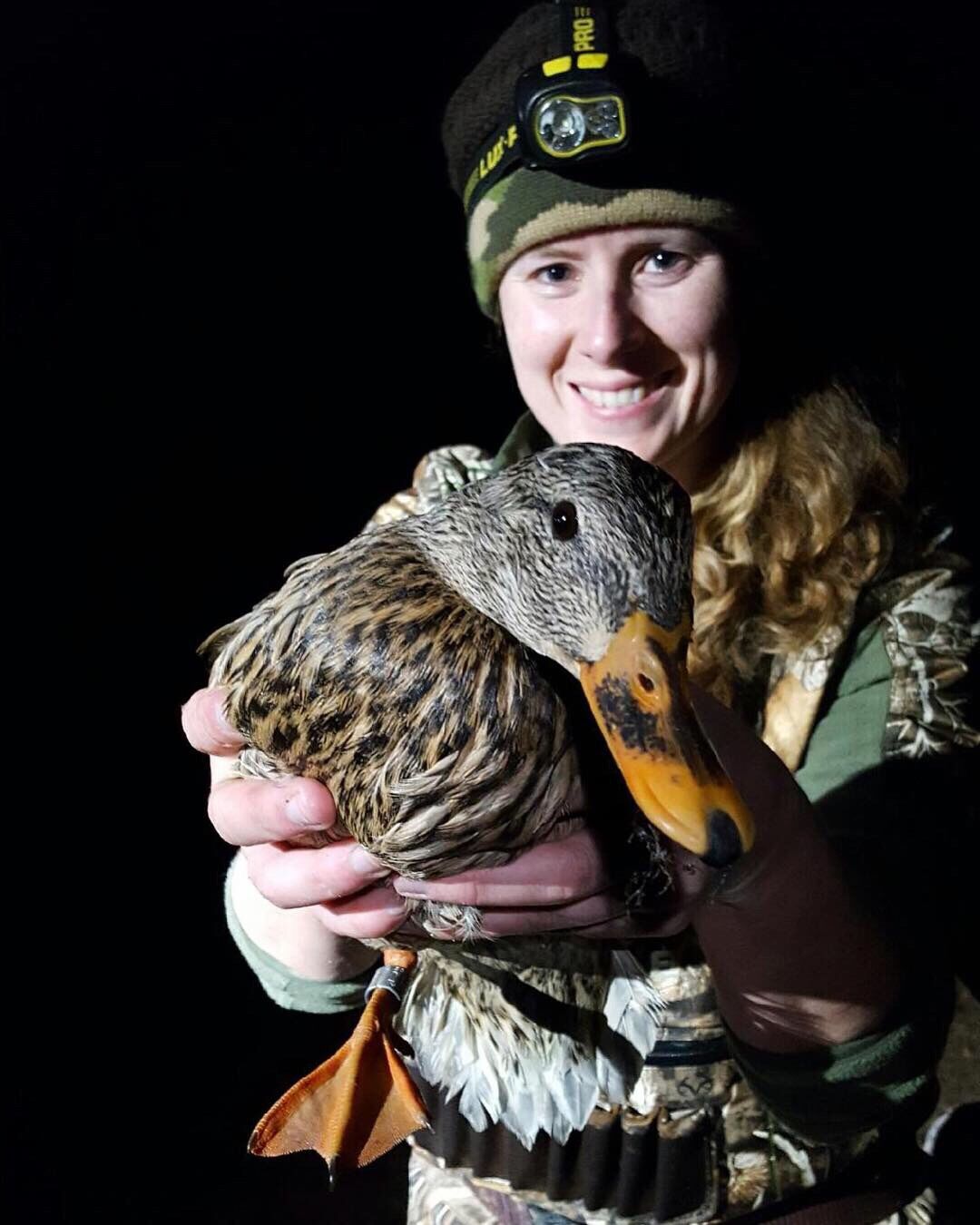
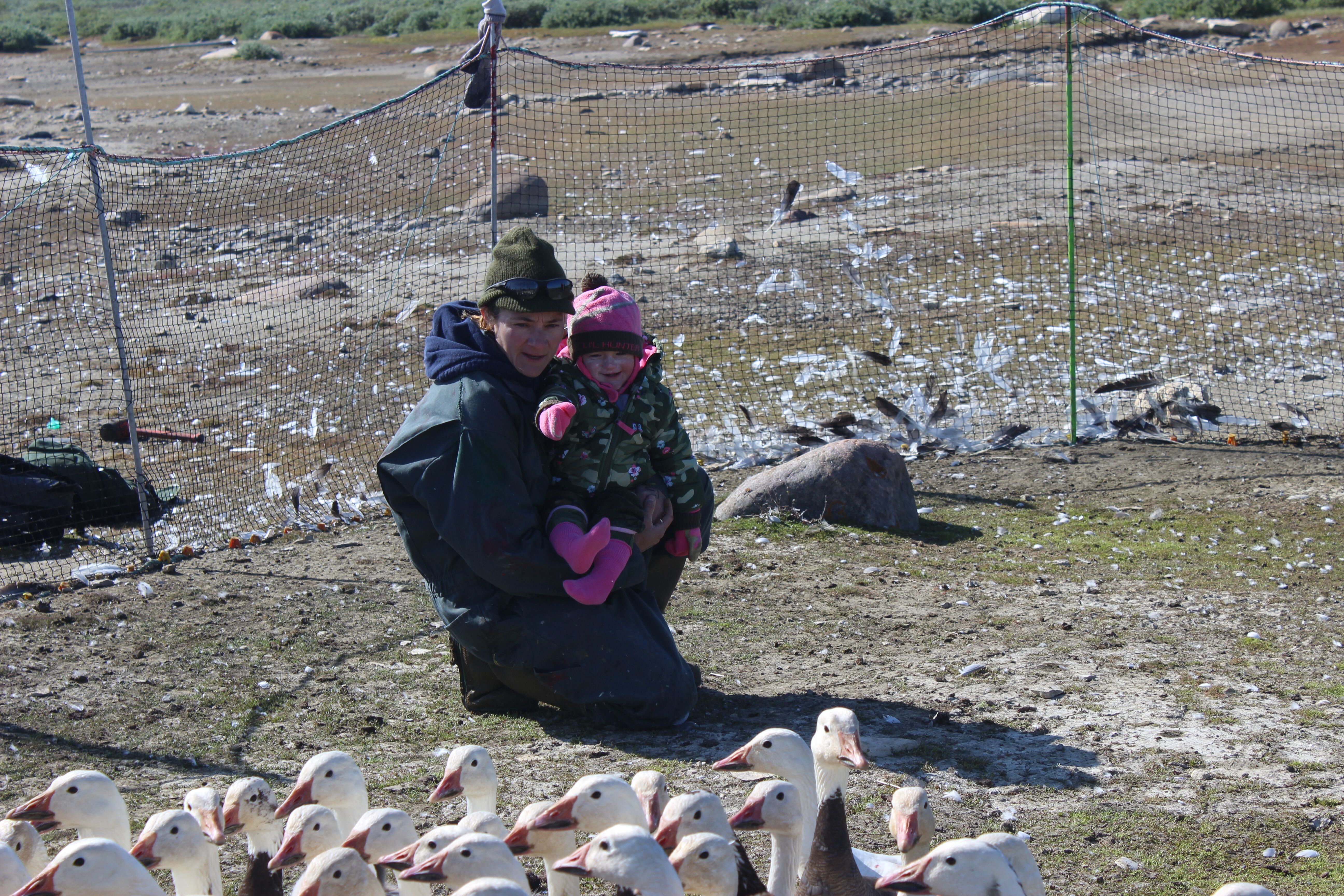
Presentation: Mentoring in the waterfowl profession: Challenges and oppurtunities. By Susan Ellis-Felege and Kayla Kemink
Amelink 2008
Storrs et al 2008
Athena Rising, How and Why Men Should Mentor Women
Challenges and supports for women conservation leaders
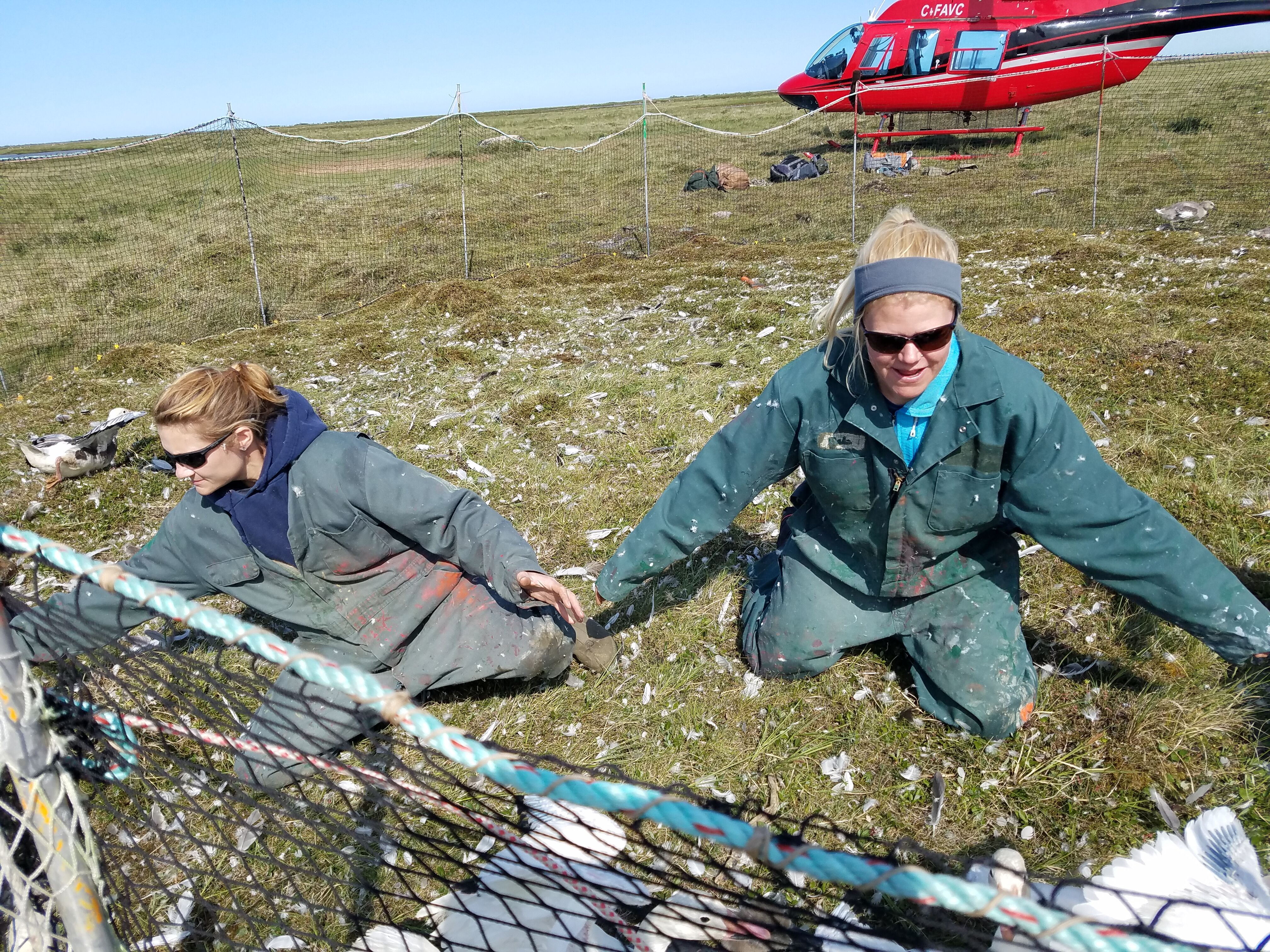
Presentation: Effective Networking for Hunters and Non-hunters, By Beth E. Ross, Caroline Brady, Susan Ellis-Felege and Anne Mini
Shipilov et al. 2007
Forret & Dougherty 2004
Greguletz et al. 2019
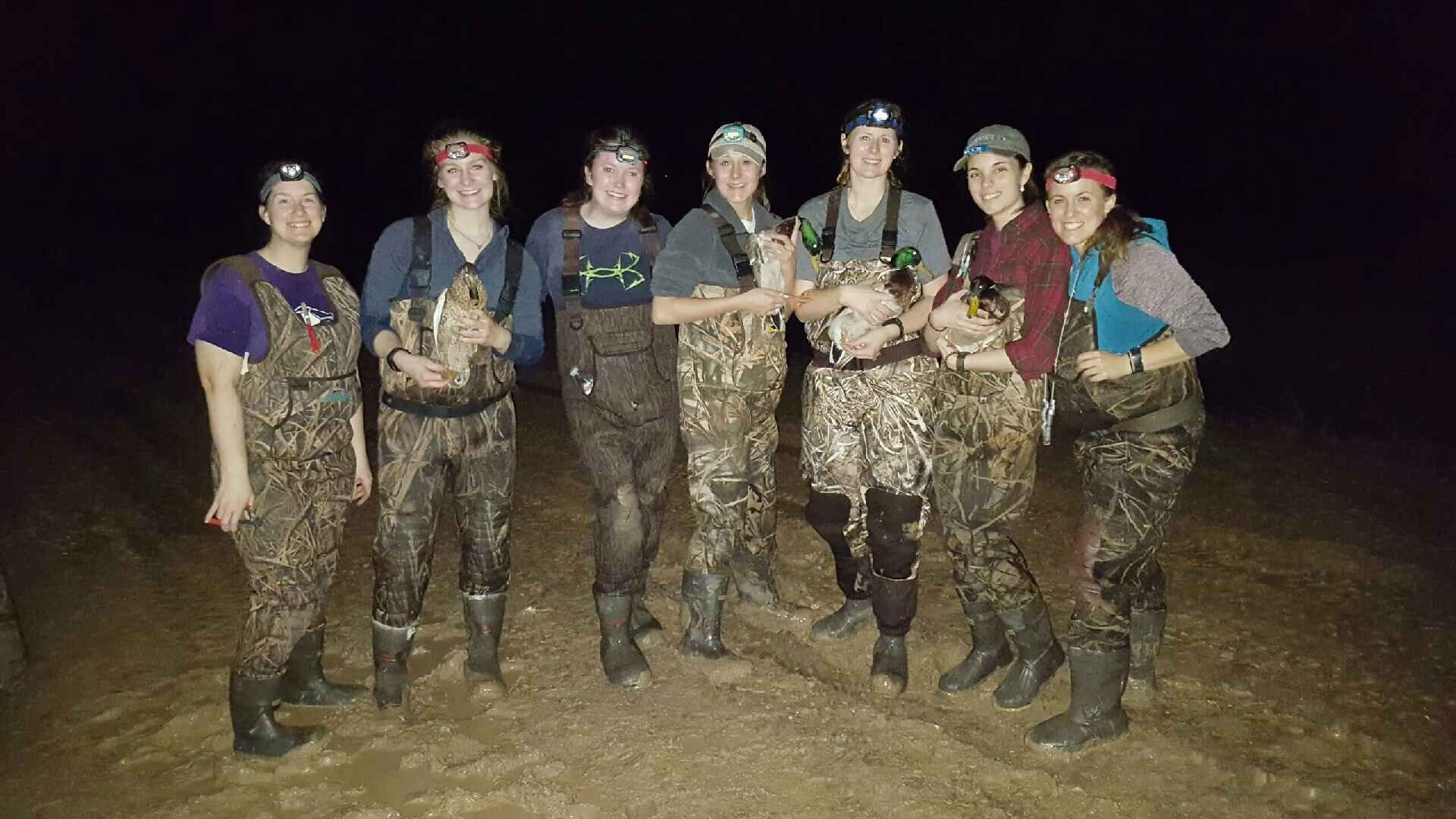
Other Resources
hollaback! Bystander intervention training
How to be an Ally
